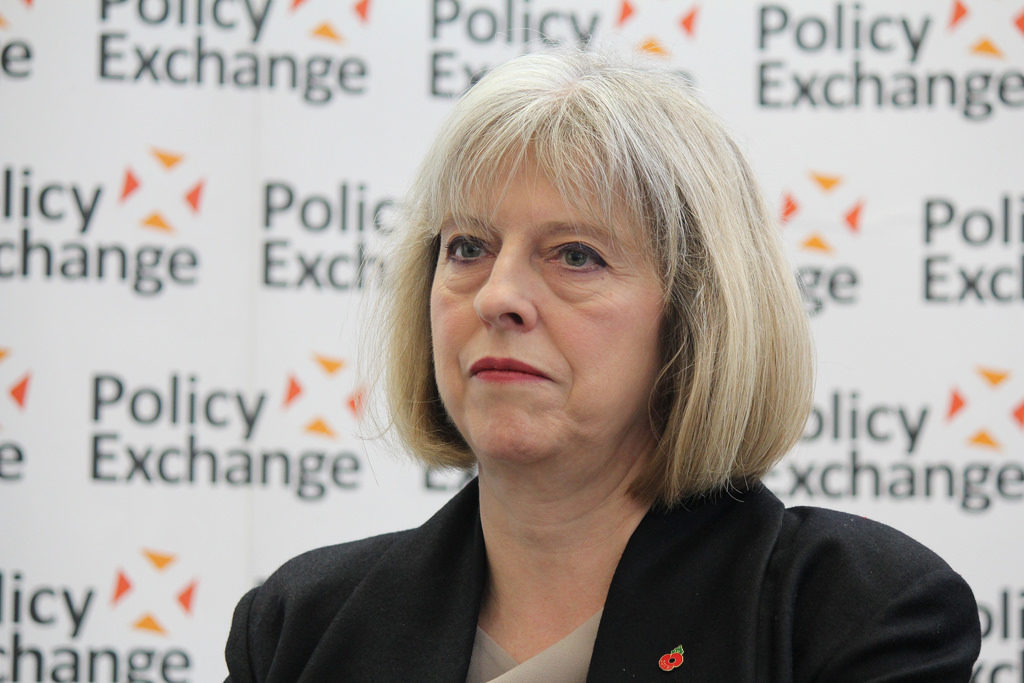With the promise to raise personal allowance again, more people will be removed from a group paying the bulk of the British income tax, and increase the overall income tax burden of the wealthiest in the country.
Prime Minister Theresa May was preparing to raise personal allowance from the current £11,500. By 2020-21, the amount will be at £12,500, which is in line with the Conservatives’ 2015 manifesto. It was also pledged that, by the same year, the higher-rate, 40pc, tax threshold will increase to £50,000.
A higher personal allowance will keep some people from paying tax altogether. A bigger chunk of the income of the wealthiest, on the other hand, will be taxed at the top rate because the additional rate, 45pc, the threshold is kept at £145,000.
The “tapering” of personal allowance will make matters even worse for people earning over a £100,000. Because when their income hits over £123,000, personal allowance is practically nothing, zero.
The changes that the Tory cabinet instigated showed that the richest today pay far more than their counterparts in the 70s when the top rate of tax was 83pc. Today, people who earn over £51,400, who belong to the top 10pc of taxpayers, pay a total tax of 59pc, which is twice as much.
This led many to believe that the tax system is penalising the successful and is serving as a dampener on aspiration.
As for the married tax allowance this tax year, it is worth £230 and would get couples £662 when backdated for the last three tax years. Provided they are eligible, of course.
Think you may be due a tax refund? Apply here to get your tax back.

